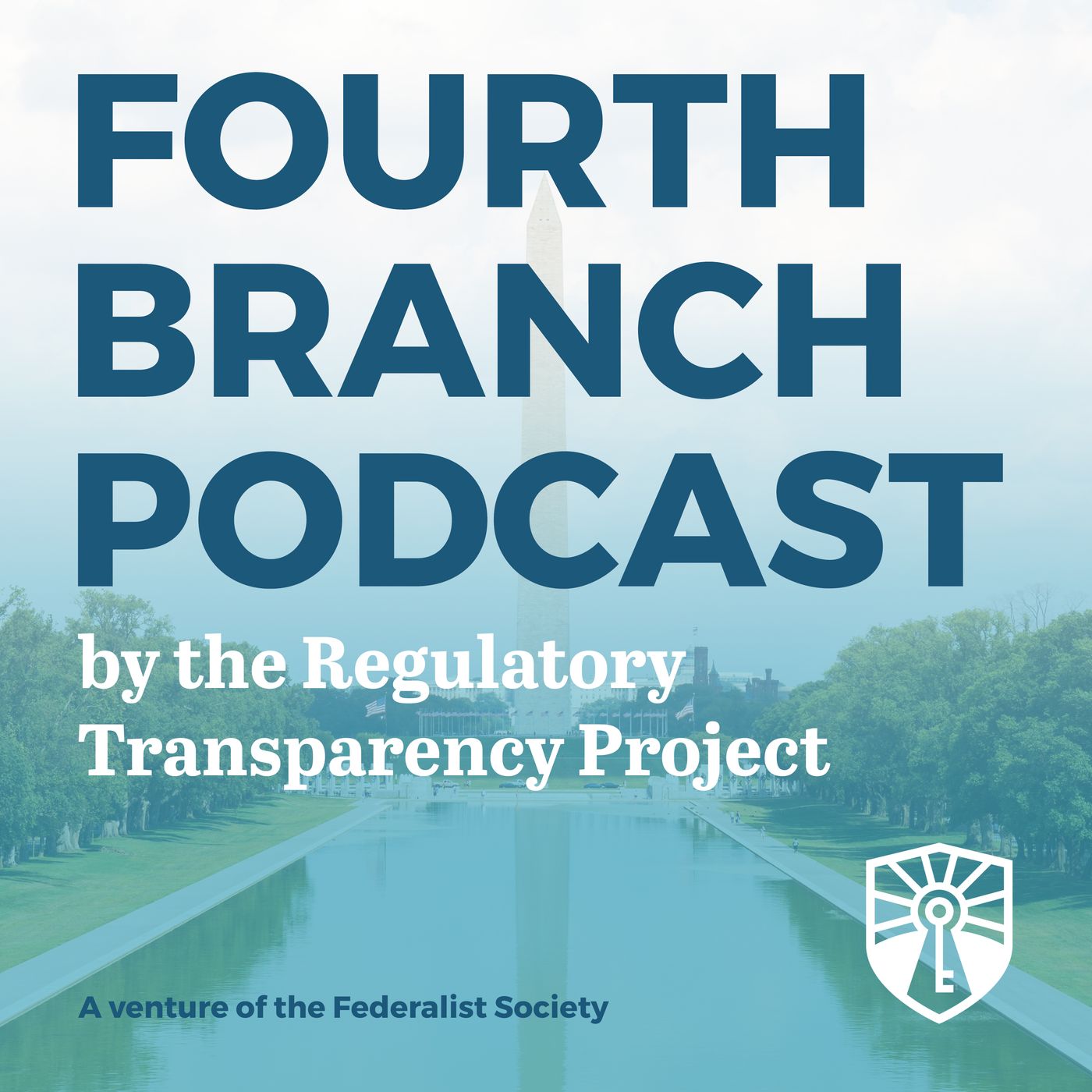Deep Dive 281 - The EPA’s Proposed Power Plant Rule: Will it Survive in the Courts?
Description
In May, the EPA proposed a new rule to regulate greenhouse gas emissions from new and existing power plants. This is a third attempt by the EPA to regulate these emissions. The Supreme Court struck down the Obama administration’s Clean Power Plan in West Virginia v. EPA, which was the first time the Court formally acknowledged and explicitly relied on the “major questions” doctrine. The DC Circuit had previously struck down the Trump Administration’s Affordable Clean Energy Rule and, although West Virginia involved an appeal of that decision, the Supreme Court did not rule on the Trump Administration’s rule.
The new rule’s supporters say it’s well in line with EPA’s statutory authority, the state of the electric markets, and available emissions-reduction measures. Its opponents say it is legally flawed and threatens grid reliability. What are the potential legal and policy issues associated with the proposed rule? Does it raise “major questions” issues? Is the agency relying upon unproven technology in violation of the statutory requirement that its standards be based only on the “best system of emission reduction” that “has been adequately demonstrated?” Does this rule violate state prerogatives for regulating existing sources? Join us as we explain the rule and then discuss the legal and policy issues it raises.
Featuring:
Jeffrey Holmstead, Partner, Bracewell LLPKevin Poloncarz, Partner, Covington & Burling LLPJustin Schwab, Founder, CGCN Law, PLLC[Moderator] Daren Bakst, Director of the Center for Energy and Environment and Senior Fellow, Competitive Enterprise Institute*******As always, the Federalist Society takes no position on particular legal or public policy issues; all expressions of opinion are those of the speaker.
More Episodes
Antitrust efforts have become prevalent in the courts and legislative bodies, both in the United States and abroad. A recent example is the U.S. Department of Justice's case against Google for alleged anticompetitive behavior in its search business. Though cybersecurity and national security...
Published 11/13/24
Published 11/13/24
J. Kennerly Davis presents an overview of electric industry regulation. Davis discusses how regulation has changed in a fundamental way over the last 140 years, and what that change has meant for electric customers large and small.
Published 11/05/24


